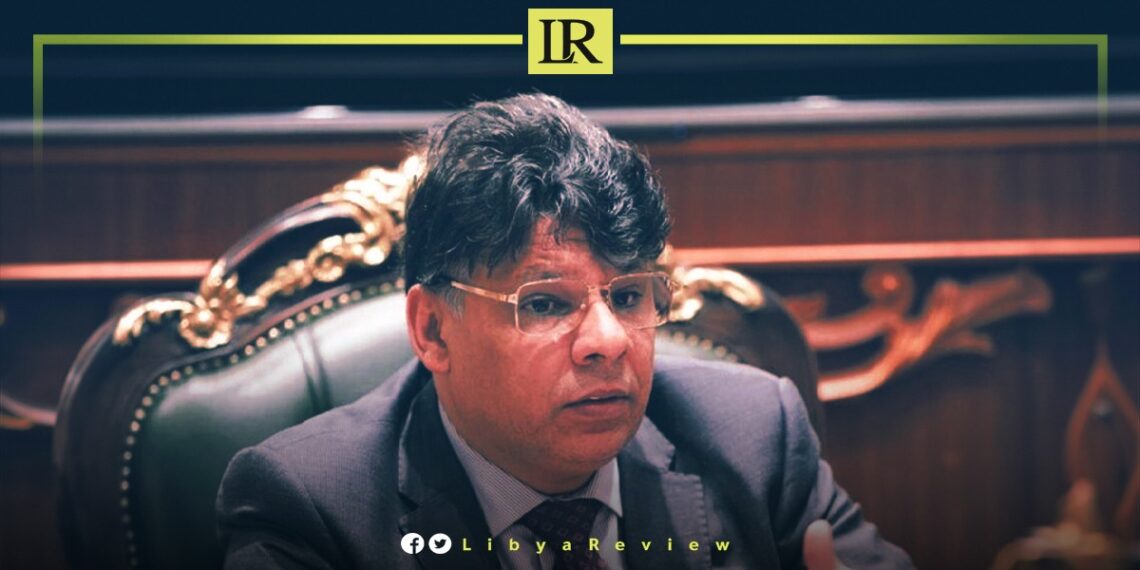Libya’s Attorney General formally launched an extensive investigation into the killing of Brigadier General Ali Ramadan Al-Rayyani, who was fatally shot during an armed assault on his home in the Al-Khalla area of Tripoli early Sunday.
Sources within the Attorney General’s office confirmed that three suspects have been arrested in connection with the attack and were immediately transferred to forensic authorities for detailed examinations.
Authorities emphasized that the investigation is proceeding rapidly under direct supervision, with a focus on uncovering the full circumstances of the incident and bringing those responsible to justice.
According to eyewitnesses and local sources, Al-Rayyani managed to fatally shoot three of the attackers during the assault before he was killed. No further details regarding the identities of the suspects or the motives behind the attack have been released.
Despite the gravity of the crime, no official statement has been issued so far by the Tripoli-based government or security institutions, sparking widespread public concern over the deteriorating security situation in the capital.
The killing has drawn swift reactions from Libya’s eastern-based leadership. Major General Saddam Haftar, Chief of Staff for Ground Forces under the Libyan National Army, publicly mourned Al-Rayyani, describing him as a highly skilled missile engineer and a loyal servant to the nation.
The incident highlights the ongoing challenges to stability in Tripoli, where armed groups continue to operate with little accountability. Observers warn that the killing of a senior military officer under such circumstances further undermines public trust in security institutions.
The Attorney General’s office has pledged full transparency and impartiality throughout the investigation. Officials emphasized that political considerations will not interfere with efforts to prosecute those responsible, stressing that the rule of law must prevail regardless of the affiliations of the perpetrators.
Further updates are expected as forensic results are completed and suspects are interrogated. The case is being seen as a critical test of the justice system’s ability to respond to politically sensitive crimes in Libya’s volatile environment.


